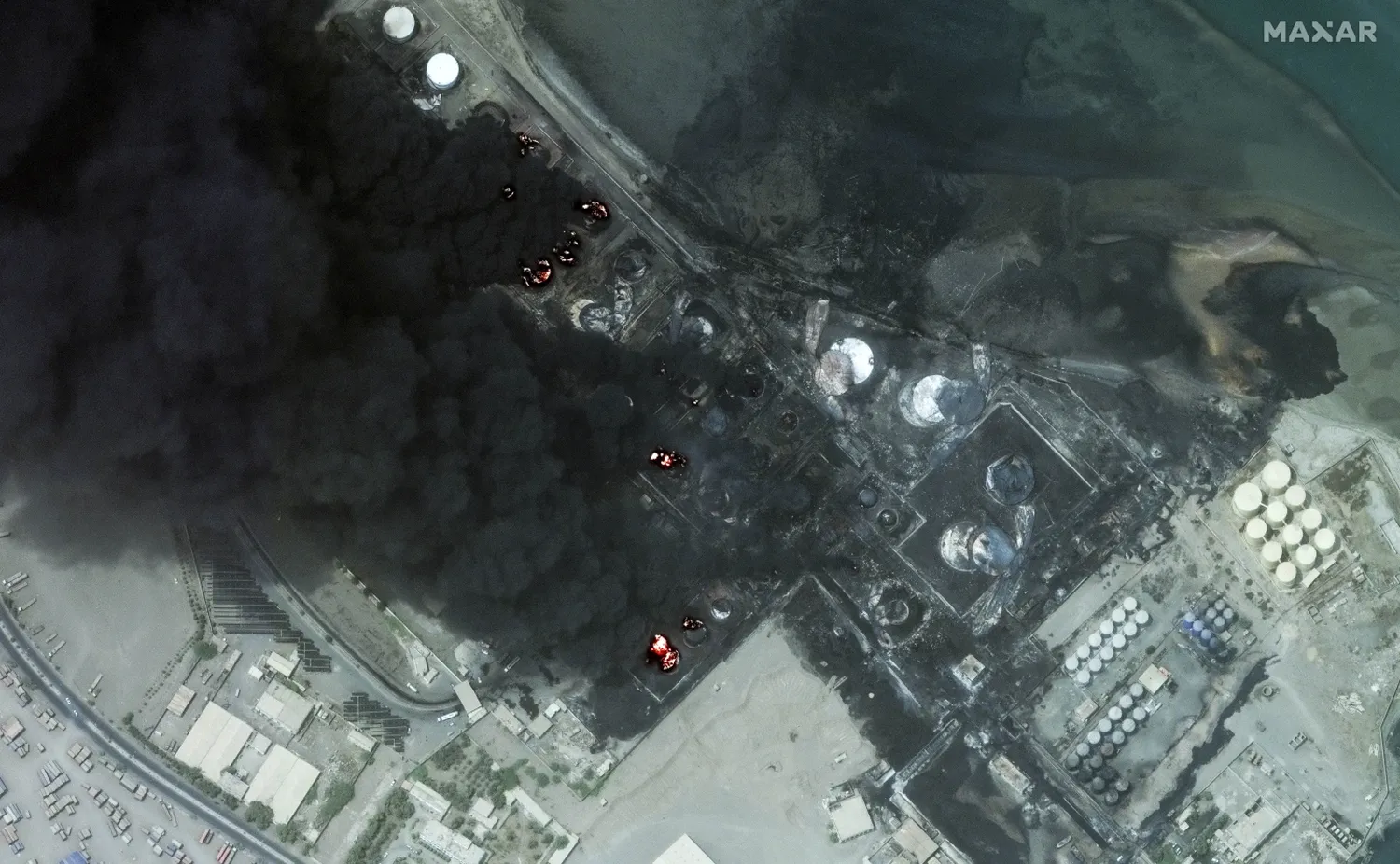Israel-Gaza War
Israel Intercepts Missile Fired from Yemen Following Retaliatory Airstrikes on Houthi Rebels
The Israeli Defense Forces (IDF) confirmed that the missile, fired by the Houthi rebels.
Jerusalem, July 21, 2024 – In a dramatic escalation of regional tensions, the Israeli military intercepted a missile launched from Yemen early Sunday, mere hours after conducting significant airstrikes on Houthi targets in the Arabian Peninsula. This sequence of events marks a new chapter in the ongoing conflict between Israel and Iranian-backed militant groups, raising concerns about a broader regional conflagration.
The Israeli Defense Forces (IDF) confirmed that the missile, fired by the Houthi rebels, was successfully intercepted before it could reach Israeli territory. This interception followed a deadly drone attack on Tel Aviv by the Houthis, which resulted in one fatality and prompted the Israeli airstrikes on Yemen.
Late Saturday, Israeli warplanes, including advanced F-15 and F-35 aircraft, targeted multiple sites in the western Yemeni port city of Hodeidah. This city serves as a crucial stronghold for the Houthi rebels and a significant entry point for humanitarian aid and supplies. The Israeli military described the operation as one of their most complex and long-distance missions to date, emphasizing the strategic importance of the port for Iranian arms deliveries to the Houthis.
The Yemeni Health Ministry, controlled by the Houthis, reported that the Israeli airstrikes resulted in six deaths and 83 injuries, many of which were severe burns due to a major fire ignited by the bombings. The strikes specifically targeted fuel storage facilities and other critical infrastructure, which the Houthis claim were aimed at crippling the Yemeni economy.
The Houthis, an Islamist group with strong ties to Iran, have been embroiled in Yemen's civil war since 2014. They have gained control over much of northern Yemen and have frequently engaged in hostilities against Saudi Arabia and its allies. The conflict in Yemen has evolved into a proxy war between regional powers, primarily Saudi Arabia and Iran, resulting in a severe humanitarian crisis.
The recent drone attack on Tel Aviv by the Houthis was a significant escalation, as it marked the first time the group has successfully struck deep into Israeli territory. This attack was part of a broader pattern of Houthi aggression in solidarity with Hamas, following the recent Israeli offensive in Gaza.
The international community has expressed grave concerns over the potential for these hostilities to spark a wider regional conflict. Israeli Defense Minister Yoav Gallant vowed that Israel would continue to carry out similar strikes "in any place where it may be required" to protect its citizens from threats posed by Iranian-backed groups.
Iran, through its foreign ministry, condemned the Israeli airstrikes, warning against further escalation and advocating for regional stability. Hezbollah, another Iranian-backed militant group, also criticized the Israeli actions, cautioning against a dangerous escalation.
The United States and the United Kingdom, both of which have military forces in the region, have been closely monitoring the situation. U.S. and U.K. forces have previously conducted strikes in Yemen in response to Houthi attacks on commercial shipping, which the rebels have described as retaliation for Israeli actions.
The ongoing conflict in Yemen has created one of the world's worst humanitarian crises, with thousands of lives lost and millions of civilians suffering from food insecurity, lack of healthcare, and other dire conditions. The recent Israeli airstrikes have further exacerbated the situation, with significant damage to infrastructure and essential services in Hodeidah.
As the situation continues to develop, the international community remains on high alert, hoping to prevent further escalation and avert a broader conflict in the Middle East. The recent exchange of hostilities between Israel and the Houthis underscores the complex web of alliances and rivalries shaping the region, with Yemen emerging as a critical battleground for competing interests. The urgent need for diplomatic efforts to de-escalate the crisis and address the humanitarian needs of the Yemeni population cannot be overstated.

